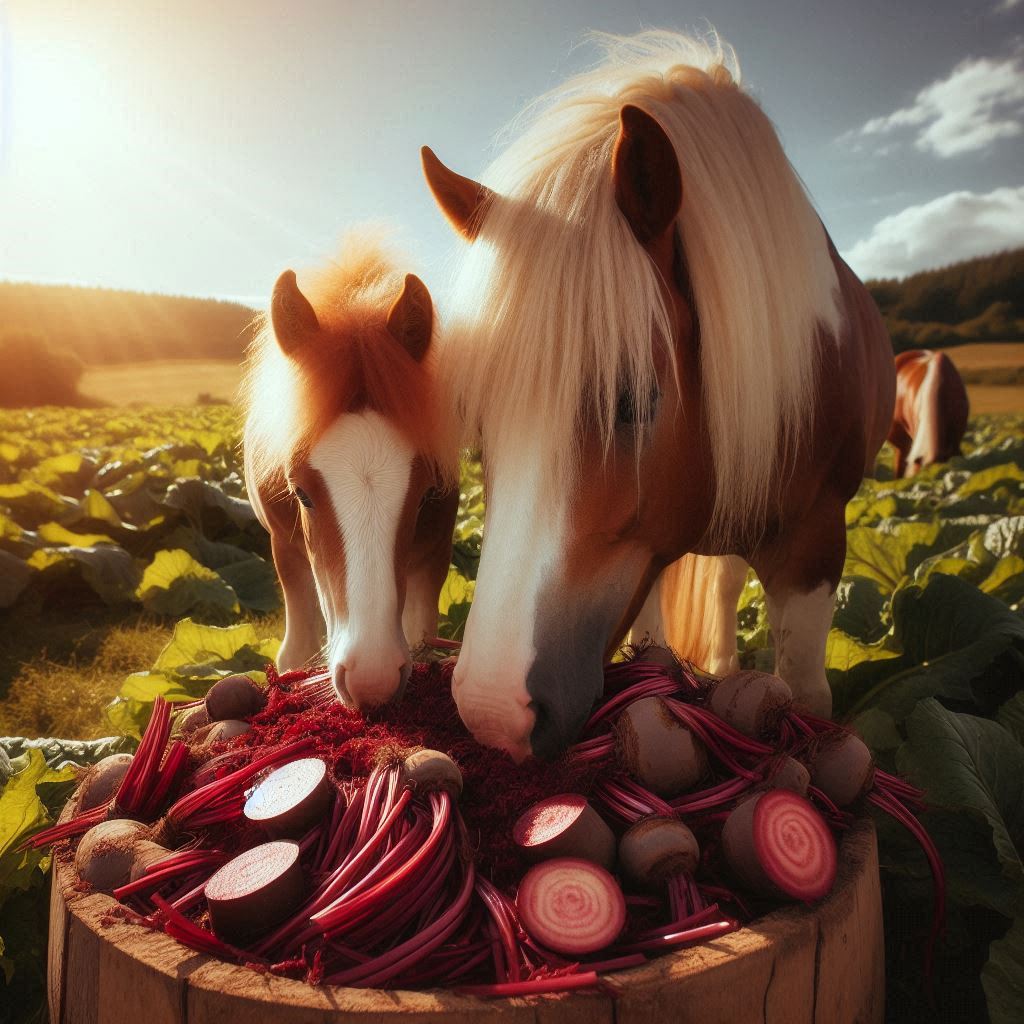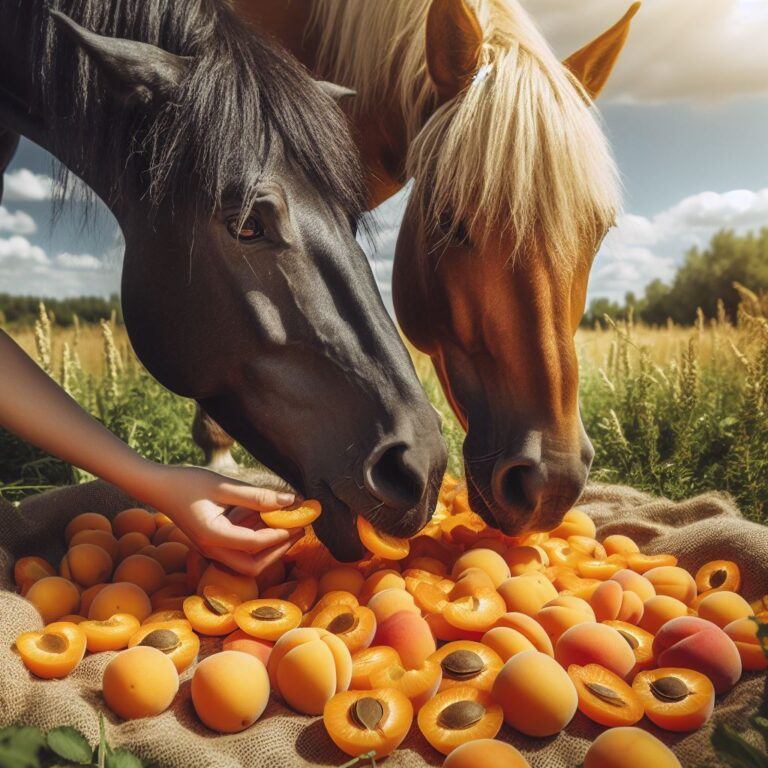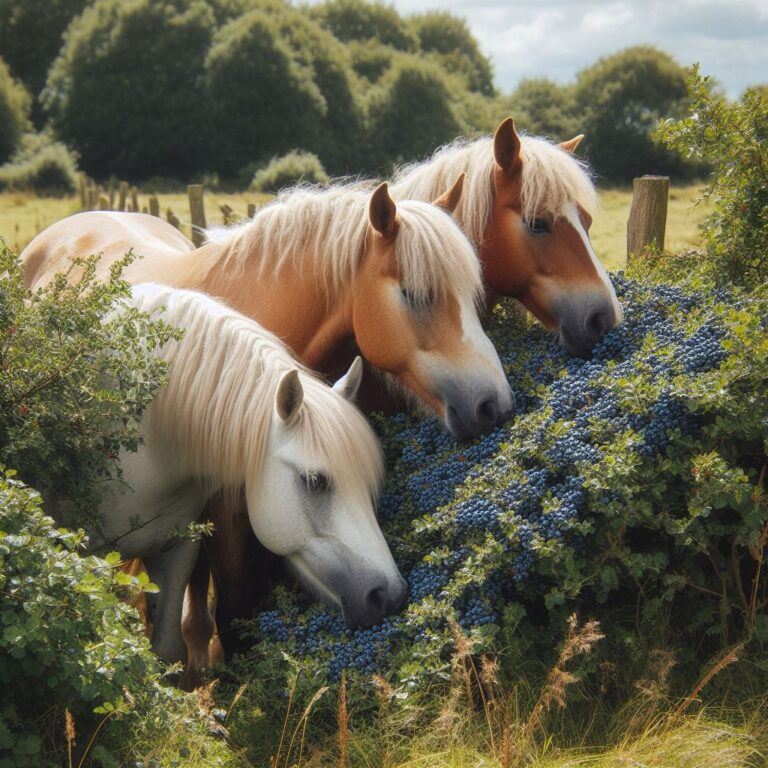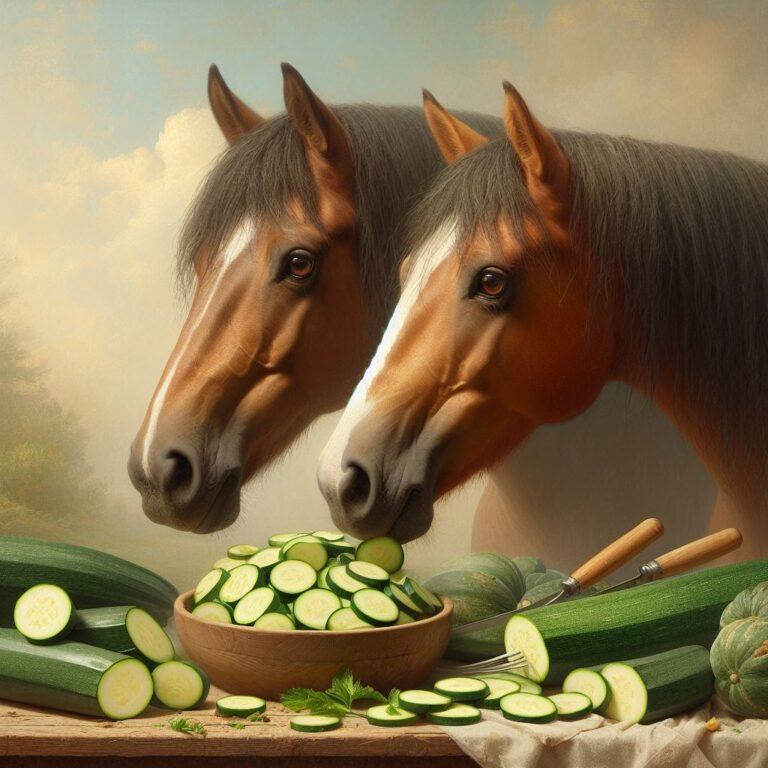Can Horses Safely Eat Beet Pulp
Beet pulp is a byproduct of sugar beet processing, primarily the fibrous portion left after sugar extraction and yes, horses can safely eat it! It’s a popular horse feed due to its high fiber content, low starch, and energy-rich properties. Rather than being simply a filler, it’s a digestible form of fiber that aids in horse digestion and is particularly beneficial for horses requiring low-sugar diets.
When considering beet pulp for horses, I must highlight its nutritional profile. It’s rich in calories, similar to oats, and provides a reliable energy source without the risks associated with grain overfeeding, such as colic or laminitis.
It’s also an excellent option for weight gain in horses who need it, hydration due to its soaking process, or a forage substitute when fresh hay or grass are scarce or of poor quality.
Many horse nutritionists recommend beet pulp as a supplementary feed, particularly for horses with specific dietary needs such as seniors with poor dentition, horses with a history of gastrointestinal issues, or hard keepers who struggle to maintain weight.
It’s a versatile component that, when used correctly, can enhance our horse’s diet significantly.
The Safe Inclusion of Beet Pulp in a Horse’s Diet
The key to safe consumption lies in proper preparation. Beet pulp should be soaked in water before feeding.
This step is crucial as beet pulp expands when wet, and pre-soaking prevents the risk of choke or colic in horses that might occur from eating it dry.
How much beet pulp is safe for our horses? Moderation is vital. Start with small amounts, and consider it as part of the total dietary fiber intake.
A general rule of thumb is to ensure it does not exceed 40% of the horse’s forage ratio by weight.
Potential risks such as choking, colic, and overfeeding need to be recognized and avoided. A horse’s digestive system is sensitive; sudden dietary changes can cause issues.
Introduce beet pulp gradually and watch for any adverse reactions or changes in your horse’s health.
It is often useful to consult with a vet or horse nutritionist before significantly altering our horse’s diet.
They can provide personalized advice based on the specific needs and health of your horse.
Maximizing the Benefits of Beet Pulp for Horses
Introducing beet pulp into our horse’s diet can be highly beneficial when done thoughtfully. To ensure our horses reap the nutritional rewards, assessing their needs is crucial.
Not all horses are the same, and their requirements will vary based on factors such as age, weight, activity level, and overall health.
While beet pulp is an excellent source of fiber and a good energy supplement, it should never replace fresh hay or grass in a horse’s diet.
Instead, it should complement these staples, helping to round out nutritional needs. If you’re unsure about the right balance, consulting with a horse nutritionist can provide you with a tailored feeding plan.
Closely monitor your horse’s health and response when introducing beet pulp, as with any new feed.
Look for positive changes in their condition and energy levels, but also be vigilant for any adverse reactions. It’s not uncommon for dietary changes to require adjustments, so don’t hesitate to tweak the amounts of beet pulp you’re providing.
Lastly, stay informed and keep abreast of the latest research in equine nutrition.
Reliable resources such as academic journals, reputable equine health websites, and certified experts can offer invaluable insights.
By staying educated and attentive to our horse’s needs, we can use beet pulp to enhance our beloved companion’s diet and well-being effectively.







